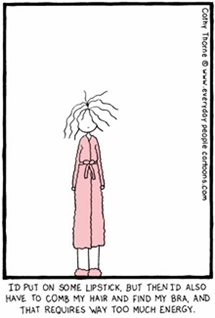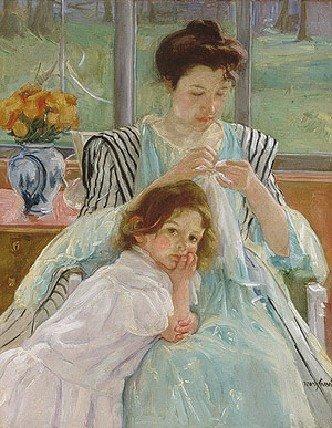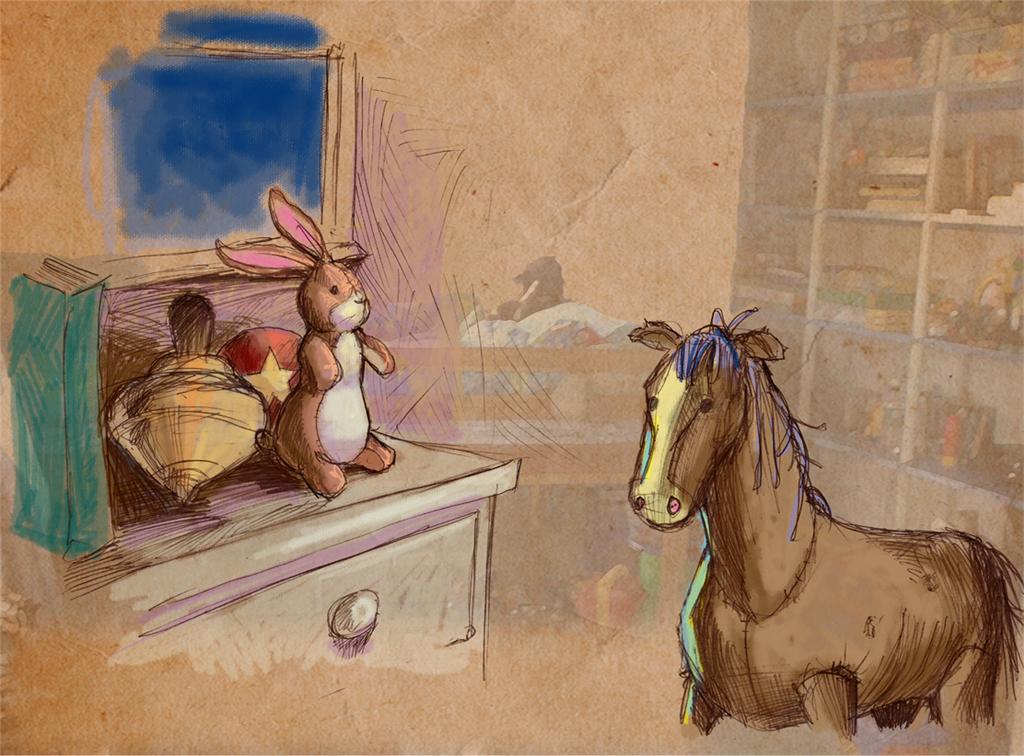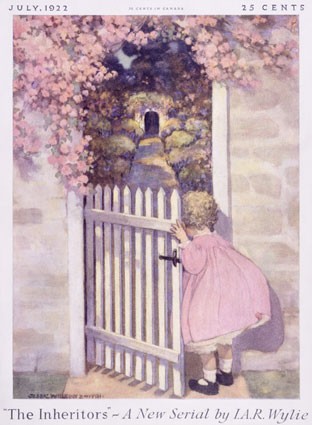My question: Is there an ethics problem with blogging about something you received for free but tell folks that you think you just died and went to heaven because it is so good and wonderful and make the reader believe you purchased it and are blogging about its virtues "just because"?
The Federal Trade Commission on Monday took steps to make product information and online reviews more accurate for consumers, regulating blogging for the first time and mandating that testimonials reflect typical results.
The FTC will require that writers on the Web clearly disclose any freebies or payments they get from companies for reviewing their products. The commission also said advertisers featuring testimonials that claim dramatic results cannot hide behind disclaimers that the results aren't typical.
The FTC said its commissioners voted 4-0 to approve the final guidelines, which had been expected. The guides are not binding law, but rather interpretations of law that hope to help advertisers comply with regulations. Violating the rules, which take effect Dec. 1, could result in various sanctions including a lawsuit.
Testimonials have to spell out what consumers should expect to experience with their products. Previously, companies had just included disclaimers when results were out of the ordinary – such as a large weight loss – noting that the experience was not typical for all customers.
Testimonial advertisements can be effective for consumers since they show others talking about their experiences, giving hope to the consumer that they'll have that experience too. But they are misleading to consumers if they don't disclose what they should truly expect to experience, the commission said.
For bloggers, the FTC stopped short of specifying how they must disclose conflicts of interest. Rich Cleland, assistant director of the FTC's advertising practices division, said the disclosure must be "clear and conspicuous," no matter what form it will take.
Bloggers have long praised or panned products and services online. But what some consumers might not know is that many companies pay reviewers for their write-ups or give them free products such as toys or computers or trips to Disneyland. In contrast, at traditional journalism outlets, products borrowed for reviews generally have to be returned.
Before the FTC gave notice last November it was going to regulate such endorsements, blogs varied in the level of disclosures about these potential conflicts of interest.
Story continues below

The FTC's proposal made many bloggers anxious. They said the scrutiny would make them nervous about posting even innocent comments.
To placate such fears, Cleland said the FTC will more likely go after an advertiser instead of a blogger for violations. The exception would be a blogger who runs a "substantial" operation that violates FTC rules and already received a warning, he said.
Existing FTC rules already banned deceptive and unfair business practices. The final guidelines aim to clarify the law for the vast world of blogging. Not since 1980 had the commission revised its guidelines on endorsements and testimonials.
Jack Gillis, a spokesman for the Consumer Federation of America, thinks the FTC doesn't go far enough to protect consumers from unethical bloggers.
"Consumers are increasingly dependent on the Internet for purchase information," he said. "There's tremendous opportunity to steer consumers to the wrong direction."
The consumer advocacy group said lack of disclosure is a big problem in blogs. To mainly crack down on companies that give out freebies or pay bloggers won't always solve the problem. By going after bloggers as well, "you put far more pressure on them to behave properly," Gillis said.
Cleland said a blogger who receives a freebie without the advertiser knowing would not violate FTC guidelines. For example, someone who gets a free bag of dog food as part of a promotion from a pet shop wouldn't violate FTC guidelines if he writes about the product on his blog.
Blogger Linsey Krolik said she's always disclosed any freebies she's received on products she writes about, but has stepped up her efforts since last fall. She said she adds a notice at the end of a post, "very clear in italics or bold or something – this is the deal. It's not kind of buried."
As for testimonials, the new guidelines amount to changing the rules in the middle of the game, said Daniel Fabricant, interim executive director and CEO of the Natural Products Association, a trade group for nutritional supplements and natural products manufacturers and retailers.
He said the new rules probably won't change ads for his members, but it will leave them wondering what the FTC considers "typical" results. He said the FTC needs to define what those are.
"I don't think they've done that," he said. "The results you see in clinics are going to be in some degree different from what you see in the consumer."
Read more at: http://www.huffingtonpost.com/2009/10/05/ftc-bloggers-must-disclos_n_309819.html
Report: FTC to go after blogger freebies

The Federal Trade Commission is planning to crack down on bloggers who review or promote products while earning freebies or payments, the Associated Press reported Sunday.
This would, for the first time, bring bloggers under FTC guidelines that ban deceptive or unfair business practices.
"New guidelines, expected to be approved late this summer with possible modifications, would clarify that the agency can go after bloggers--as well as the companies that compensate them--for any false claims or failure to disclose conflicts of interest," the article explained.
The rules could be quite strict, even extending to the practice of affiliate links--for example, a music blogger who links to a song on Amazon MP3 or iTunes that earns an affiliate commission in the process.
The practice of free products for bloggers, most of whom are not bound by ethical guidelines that journalists have historically followed, has been making headlines for some time now. Microsoft, for example, created a wave of bad press a few years ago when it gave free Acer laptops preloaded with Windows Vista to several dozen bloggers.
Some companies have sprung up around the whole notion of blogger compensation and giveaways. The AP article mentions some of the marketing companies that have made a business out of offering bloggers incentives--free trips, products, gift certificates, or outright payments--for coverage. One of them, Izea, has been generating controversy in the tech press since it started PayPerPost.
Izea says that it requires bloggers to disclose what they've gotten paid for or what they've received for free. But with the proposed FTC guidelines, if a blogger fails to disclose a freebie or payment, both Izea and the blogger could be held responsible. The FTC could also take issue with the fact that for at least one promotion, Izea has said it avoided including bloggers who would be likely to give the company negative press.
Izea CEO Ted Murphy wrote in a blog post Monday that the company supports stricter FTC regulations for bloggers.
"The companies that should be worried about these changes are those that have no standards and no way to enforce disclosure," Murphy wrote. "We have invested millions of dollars creating systems that allow us to automate transactions and verify standardized disclosure."
But some bloggers, the AP article mentioned, are concerned that the FTC's efforts could go too far, possibly generating probes into posts that were written without any compensation, and possibly leading bloggers to post with more restraint. And some believe it would be better if bloggers created their own standards based on niche and industry.
Then there's this: does the FTC realize just how many small-time bloggers are out there? Championing business ethics is a worthy goal, but, um, good luck getting much done when there are hundreds of thousands of blogs out there and new ones popping up more or less daily. Ever heard of the expression "herding cats?" This post was updated at 11:37 a.m. PT with comment from Izea.























































































.JPG)




















5 comments:
I think most of us are smart enough to recognize blatant advertising as opposed to friendly advice. There a couple of blogs I no longer visit because they have become commercial. I am not critical of that. I just am no longer interested. Nobody is beating down my door to give me anything to test my ethics :)
Question..Does this mean that if I read a book and put on my blog what a great read it is...is unlawful? Big Hugs, Mary
I have been approached by several people/companies??? to promote their retail wares on my blog. I simply return email them that I do not use my blog as a retail tool.
Always someone with an angle... :-(
Thanks for the heads-up!
Hugs,
Marilyn
I am very turned off by blogs who have gone commercial. If they would be upfront and say they got the item free or greatly discounted for blogging about it, then no problem, they are honest, but I have yet to find that statement on the new "selling' blogs. I love your blog and your honesty.
Thank you for coming by...You answered my question:)
About the song on my blog that is playing now? First I think it is a beautiful song. With that said, It is about myself and others.
Depression runs in my family and I have lost my Uncle Buddy that is in the picture with the cotton story to this condition. The Grandmommy that I love so much had depression without the kinds of care we have now.Shock treatment.I am doing well because of the meds we have now and the understanding of my family. It is not a easy life, but I am doing well. When I was at my worst, the sky, grass, tree's, everything was in shades of gray...I could not look past the pain. So when I heard this song again and listened to the words, it somehow spoke to me. So why did you pick it?
Big hugs, Mary
Post a Comment